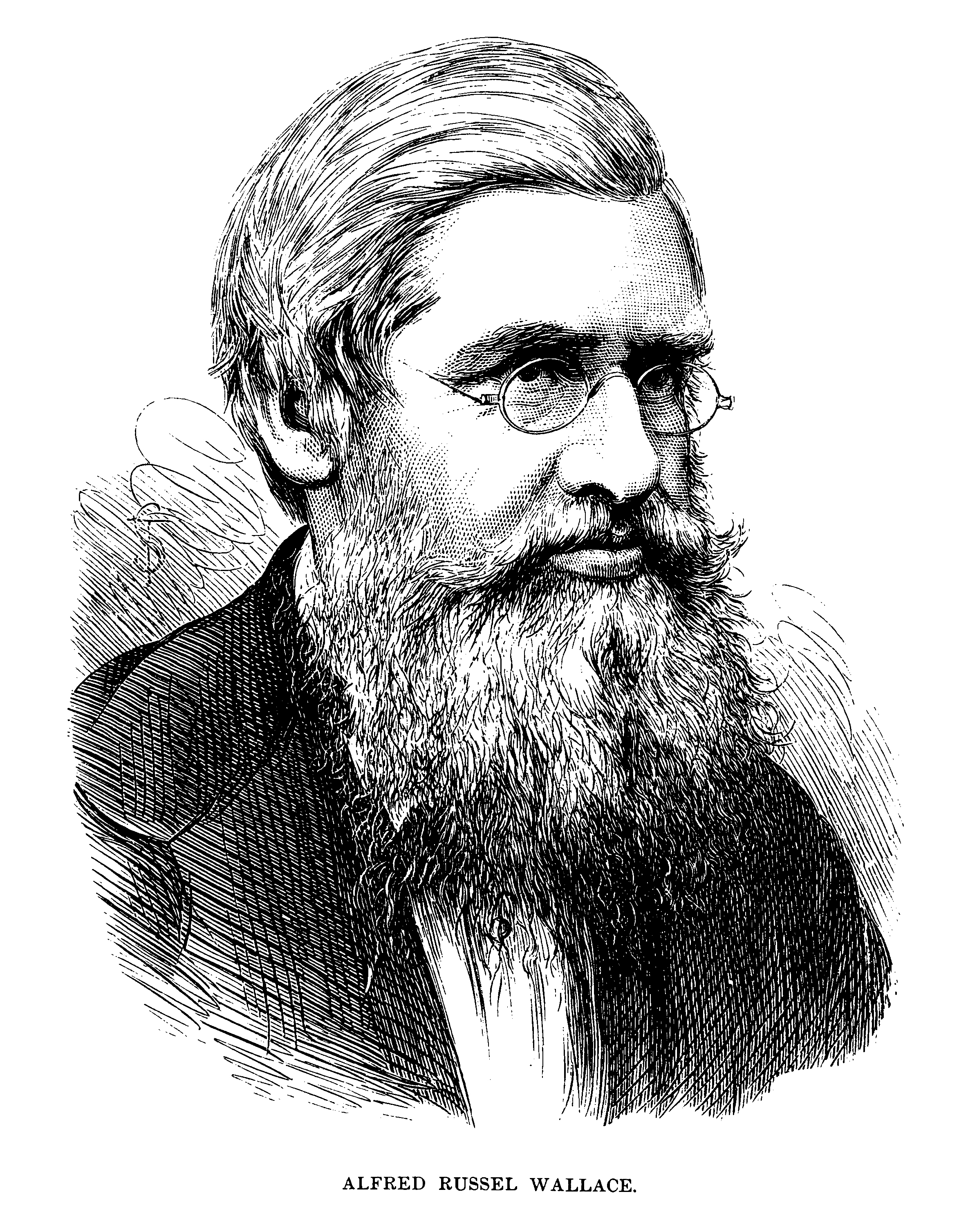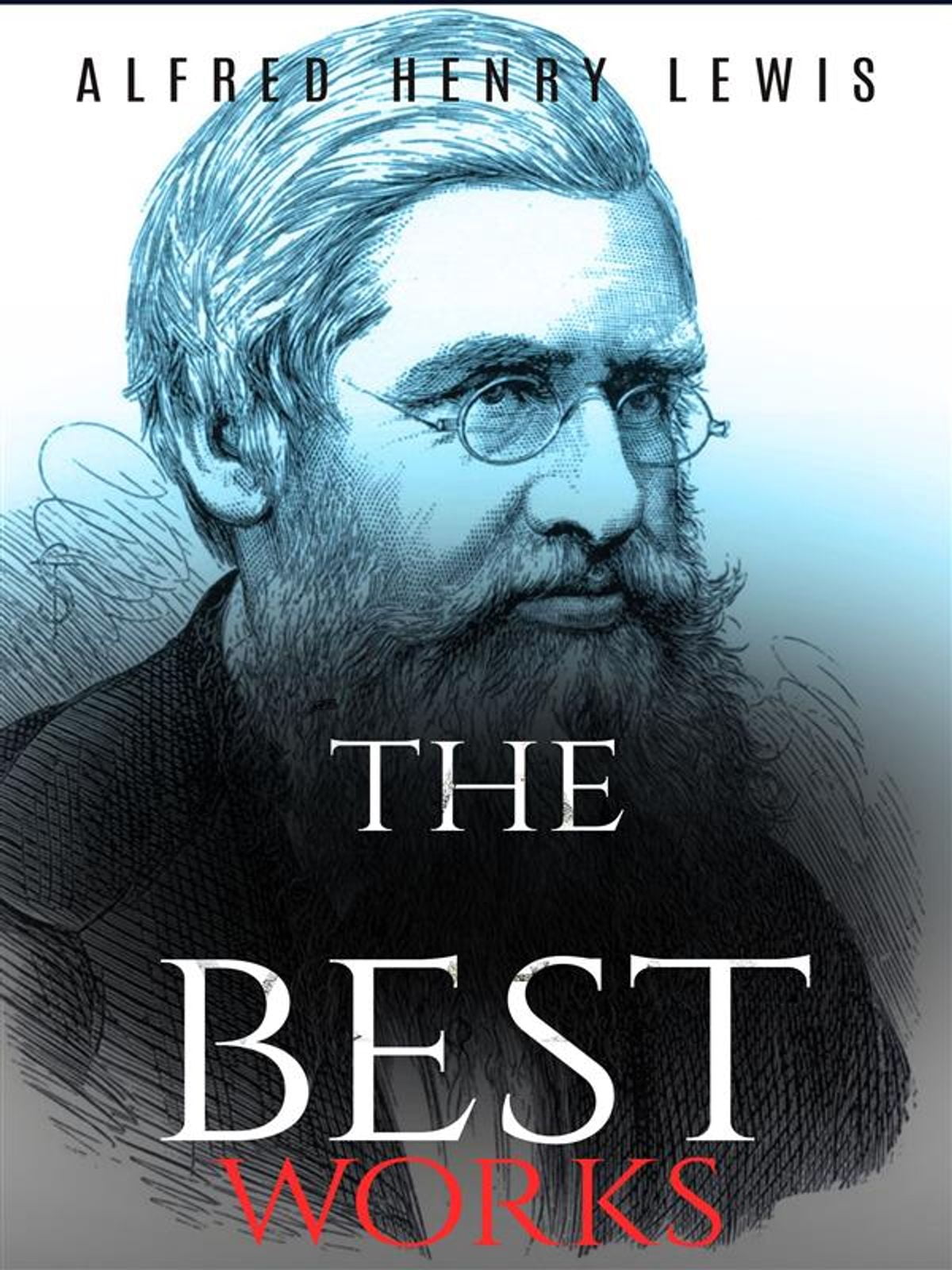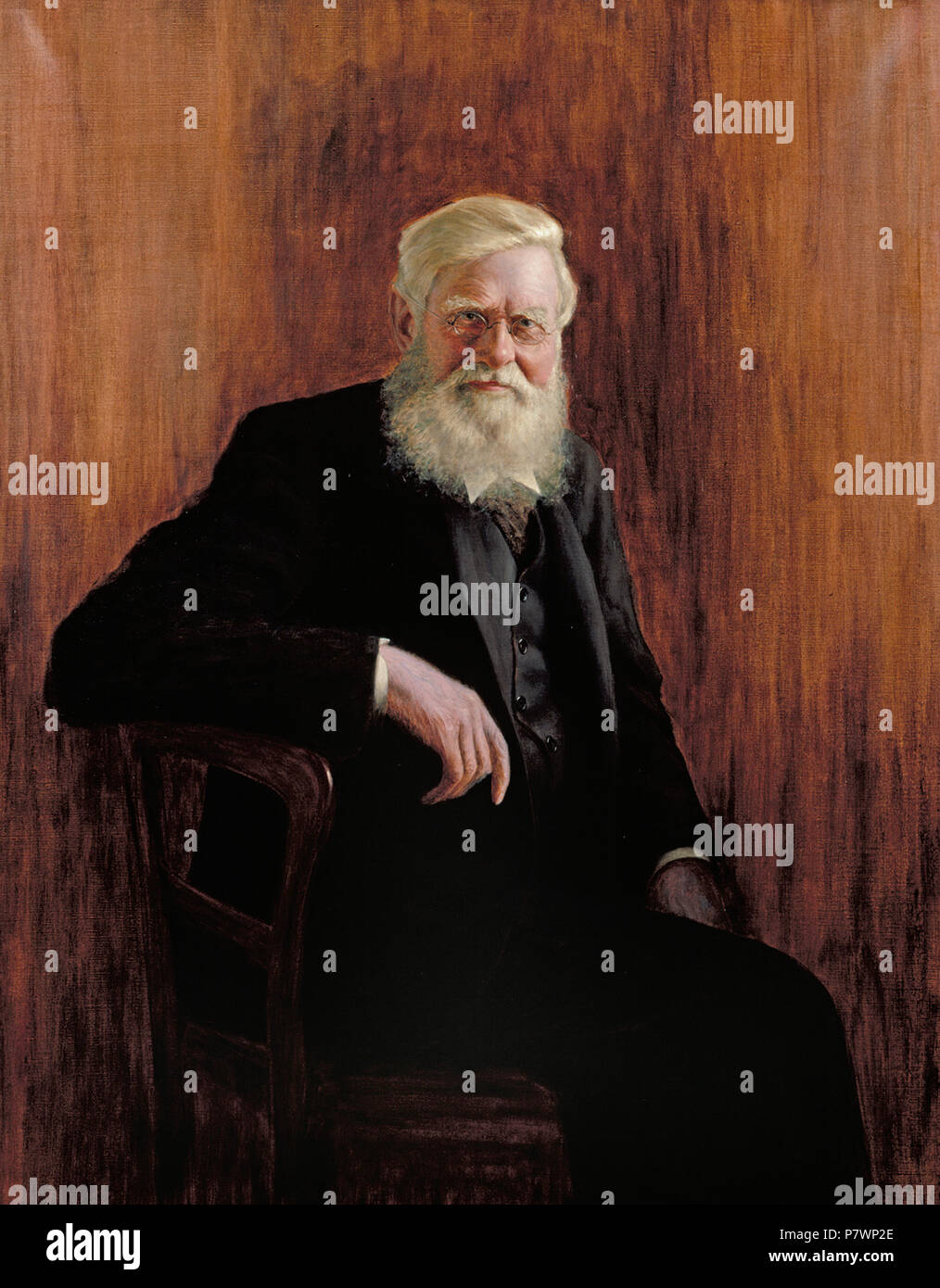

The patterns he found were compelling evidence for evolution. He studied hundreds of thousands of animals and plants, carefully noting exactly where he had found them. On his journeys, he sought to demonstrate that evolution did indeed take place, by showing how geography affected the ranges of species. Wallace had already accepted evolution when he began his travels in 1848 through the Amazon and Southeast Asia. These are mammals typically found in the forests of Borneo. Patterns of species’ ranges Wallace’s 1876 book, The Geographic Distribution of Animals, has plates depicting the animal life of the biogeographic regions he identified. In one of his most important applications, he helped found the modern science of biogeography - the study of how species are scattered across the planet, and how they got that way. Today Alfred Russel Wallace (left) is a prisoner of scientific parentheses, as in, “the theory of evolution by natural selection proposed by Charles Darwin (and also by Alfred Russel Wallace).” Yet Wallace was a great naturalist in his own right, particularly in the way he used evolutionary theory to interpret the natural world. Image courtesy of The Alfred Russel Wallace Page. Information on controversies in the public arena relating to evolution.


Microevolution – Evolution within a population.Mechanisms: the processes of evolution – Selection, mutation, migration, and more.The history of life: looking at the patterns – Change over time and shared ancestors.An introduction to evolution: what is evolution and how does it work?.

Conversely, his enthusiasm for spiritualism and vehement opposition to vaccination do not enhance his scientific reputation. He was also very interested in land nationalization and conservation, shaped partly by a meeting with John Muir on a trip to the USA. His liberal worldview encouraged him to resist Francis Galton’s early ideas on eugenics, with Wallace thinking that education, equality and women’s emancipation were the best ways of improving humanity’s condition. He thought at length about human evolution and, although extremely liberal in his day, many of his ideas (as with those of many of his contemporaries) do not stand well today a particular low was choosing to present a paper to the overtly racist Anthropological Society of London, instead of the less problematic Ethnological Society. He also had many other interests, which posterity has viewed variably. During the course of their preparations, Wallace and Bates read Darwin’s Beagle journal, as well as key works by Humboldt, Lyell and Malthus that were so influential in Darwin’s own thinking on evolution.Īlongside natural selection, Wallace will be best remembered for biogeography, something that his field experience made him especially suited to appreciate. Bates and Wallace encouraged one another’s enthusiasm for collecting, until they managed to get funding for a joint collecting expedition to the Amazon, departing in 1848. Particularly important was his meeting with another young amateur entomologist, Henry Walter Bates (subsequently the discoverer of Batesian mimicry), during Wallace’s brief period as a schoolmaster in Leicester. This work took him all over the countryside of England and Wales, giving him the opportunity to collect plants and insects. Wallace was educated in the local schools there until the age of 14, when he became an apprentice surveyor, working with his brother. When Wallace was three years old, the family moved from this Welsh rural idyll to the town of Hertford, immediately north of London. His parents were financially struggling members of the lower middle class, and money woes would accompany Wallace for all of his life. Alfred Russel Wallace was born on 8 January 1823 near Usk, now in Wales but in a region historically disputed with England.


 0 kommentar(er)
0 kommentar(er)
